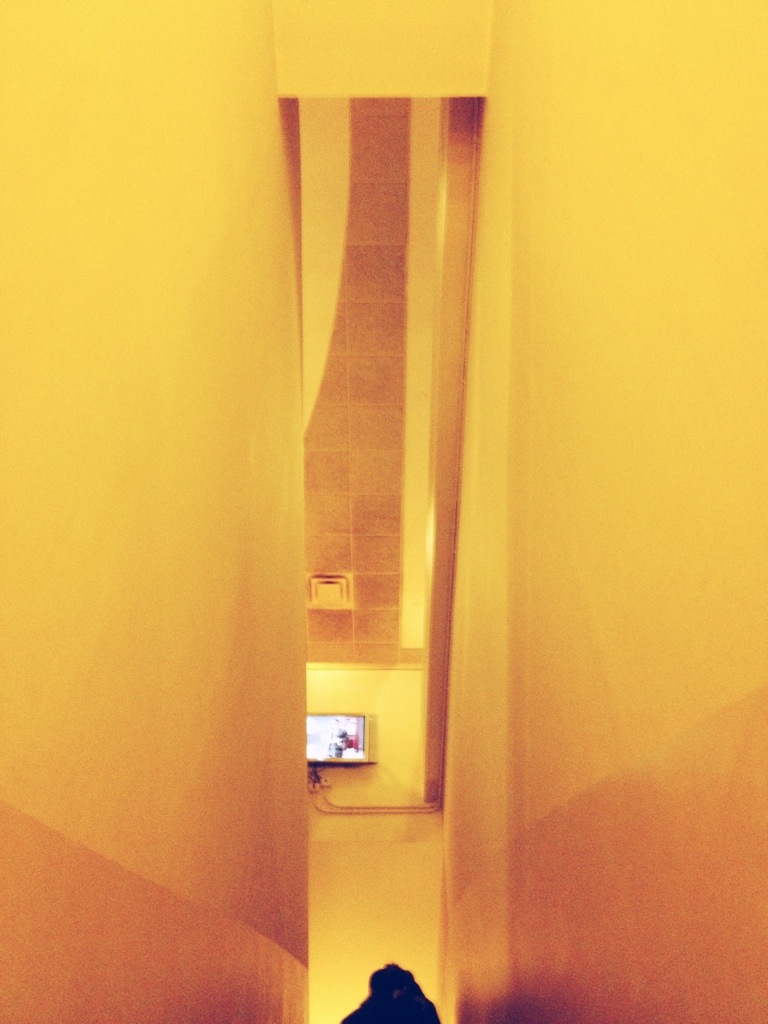Blogging About Blogging
It's so great to see people returning to blogging after so many years. The mass exodus from Twitter has led, predictably, to folks reimagining how they read and write on the internet. Before Twitter and Facebook honey trapped everyone's attention, blogs had been one of the main places of choice to post. It's possible, though not assured, that they could make a comeback.
My community online is made up mostly of designers, developers, and others working on software products. For reasons that might seem obvious, this group of people tend to be in the first wave of any mass movement happening online. The people who build the web tend to know the web best. Generally, at least. They're all testing out blogging again, one by one by one. My "People" folder in my RSS reader is alive in a way it hasn't been in years. Personal websites are coming back to life.
I'm watching for two outcomes from all of this movement. One: will all of this design and engineering attention returning to blogs, RSS, and other forms of web publishing result in new innovation? Better newsreaders? More creative uses of RSS? Clever applications of ActivityPub? And Two: will the non-tech community follow us into the next phase of web publishing? That will depend on how easy we can make it for people to start their own blogs, or to join federated servers, etc. It's a real challenge, as it depends as much on social dynamics as it does tech innovation.
One piece of the puzzle still missing is a centralized place to find citizens of the internet. And for good reason. Decentralization is so important to the concept of the open web. Despite needing to avoid any single institution controlling that list, it would be hugely beneficial to have one place to go to find where your favorite people are publishing. That's what my product Feeeds was supposed to solve. It was a way for a person to curate all the RSS feeds they produce online into one bundled feed. Perhaps this is a product which could be federated, too? Could this feature be added to Mastodon?
But maybe the best web possible is one that embraces the chaos. It's possible that any centralization of a certain strength tips into producing more negative outcomes than positive. I'm enjoying the conversation that's happening now. The death of Twitter has revitalized interest in all of this. The future of the web seems open in a way it didn't six months ago. It feels like nearly anything can happen now. The exploration will be well documented on the blogs.
